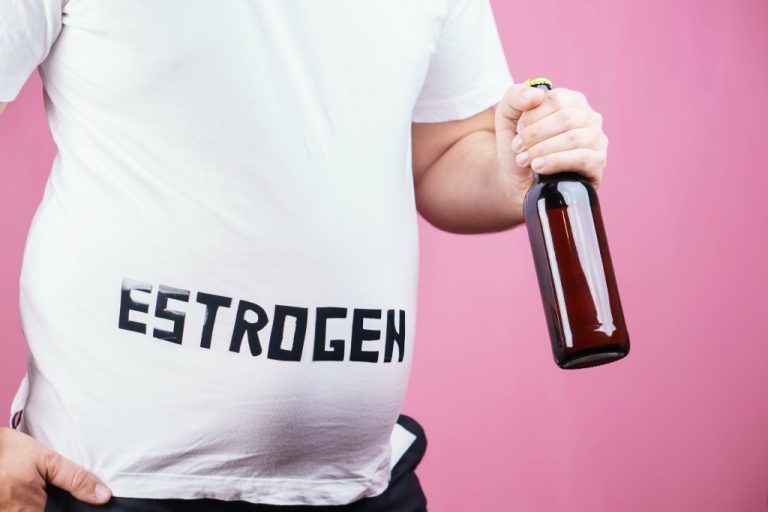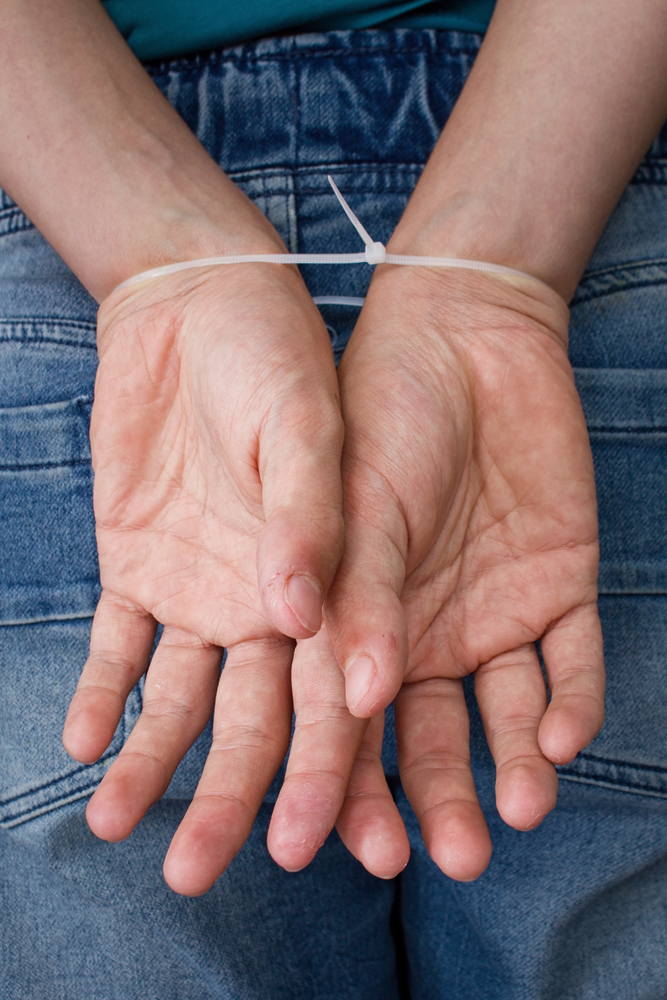This approach looks at the entire individual, seeking to address both the biological and behavioral aspects of addiction. According to research, the answer is yes.1 It turns out that, with the right treatment plan, https://how-to-success.net/what-is-the-most-useful-method-for-learning-graphic-design-theory/ some alcoholics can recover and return to drinking normally again. Whether you carry a physical card in your wallet or use your smartphone, try tracking your drinks to get a better handle on your consumption.
Measuring Alcohol Consumption: Blood Alcohol Concentration
“During perimenopause, these changes in mood are already challenging, and alcohol only amplifies them,” Chrisy cautions. Plus, we may not think to attribute our mood swings to perimenopause if they’re something we go through after a few glasses of wine. Trouble sleeping is one of the most common perimenopause symptoms, but a couple of cocktails often have the same impact, hiding the reality that you might be menopausal. Driscoll echoed this statement, saying sober dating fosters an authenticity beyond connecting over cocktails. While Urvater said she’s come up with many responses to this question, like a fake next morning job interview, alcohol allergy or being too hungover to drink, she said the lies never quite fix the problem.

Alcohol increases anxiety and mood swings
The sooner you take action, the greater the likelihood of maintaining long-term recovery. Dry drunk behavior means that even though someone hasn’t relapsed, they start acting very similarly https://livewirerecordings.net/2024/01/29/negative-impact-of-excessive-entertainment-on-society/ to when they were drinking. There are a lot of misconceptions about a relapse on alcohol or drugs. Sometimes, we think that a relapse is a failure or proof treatment didn’t work.
Drugs & Supplements
- While cirrhosis scars from excessive drinking are irreversible, quitting alcohol and leading a healthier lifestyle can help your liver heal from alcohol-related liver disease.
- Gen Z appreciate transparency and honesty, as well as recognize alcohol may have a damaging impact on them socially, she added.
- Whether via self-talk or a conversation with a trusted friend, family member, or healthcare professional, it’s important to talk about your urges and remind yourself why you chose to moderate your drinking in the first place.
- You may want to reflect on this list when you feel cravings to drink.
If a trigger is unavoidable, consider what you can do differently next time you face it. If any area of your life is out of control, it will not help you maintain lasting sobriety. Although these new activities are healthy and productive, they can be a stumbling block to lasting recovery if they become a transfer addiction to fill the void left by the original addiction. Financial troubles and problems finding and keeping employment are major triggers for relapse, but it is possible to take baby steps and get your finances in order. A structured routine will help you achieve other goals in your life, whether they are short-term (like being on time for work) or long-term (like going back to school and changing careers).
The longer an alcoholic stays sober, the better their chances are for long-term sobriety. Overall, among people sober for five years, the chances of relapsing are less than 15%, according http://nutritioninpill.com/my-most-valuable-tips-2/ to Psychology Today. This is a JOYOUS and wonderful thing because it easily sorts out the ones that have a weird relationship with alcohol, or the ones that just aren’t for you.

- That number dropped to 50% when the participants went home, and many reported that their sleep quality got better after treatment.
- Many of the benefits listed above such as improved memory and ability to focus and concentrate, will continue.
- Alcohol suppresses the immune system’s ability to fight infection and keep you healthy.
- If your symptoms persist for a long time, you may have post-acute withdrawal syndrome (PAWS).
Relapse is something that can but doesn’t have to be part of the recovery process. By being aware of these stages of relapse, you may be able to identify the signs early on in yourself or someone else and take steps to adjust what’s happening before there’s a full-blown relapse. Choosing to indulge in de-alcoholized drinks or mocktails may seem like a harmless alternative, but even these seemingly innocent beverages can be triggering for some. Consuming such substitutes can lead to a placebo-drunk-like sensation, ultimately increasing the likelihood of a relapse into alcohol addiction.
When alcohol enters the body, the brain, heart, liver, and pancreas can all be affected. Alcohol “interferes with the brain’s communication pathways, and can affect the way the brain looks and works. These disruptions can change mood and behavior, and make it harder to think clearly and move with coordination.” This explains why an individual that has been sober for a while may begin to act abnormally or exhibit strange behavior. Acknowledging and celebrating the hard work of recovery is helpful for keeping you motivated and reminding you why you took this brave step toward sobriety in the first place. Instead, focus on things, experiences, and activities that will support your new, healthy lifestyle.
Cravings, Stress, and Staying Sober
If you need help or feel like you could be on the cusp of a relapse, remember that addiction is a chronic disease. You wouldn’t expect that you could self-treat hypertension or diabetes without the help of medical professionals. If you need support, help, or have questions, please contact our team at The Recovery Village.
